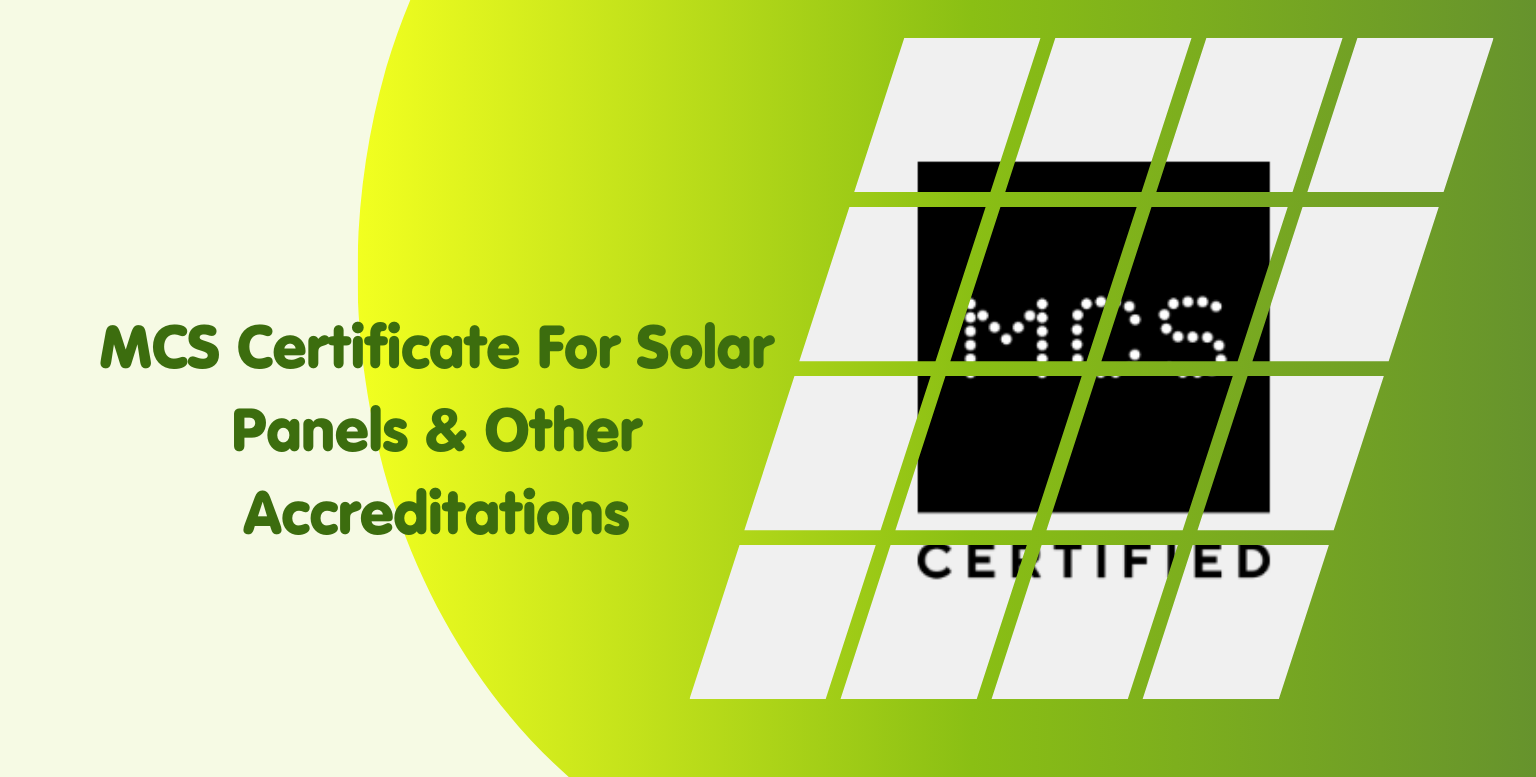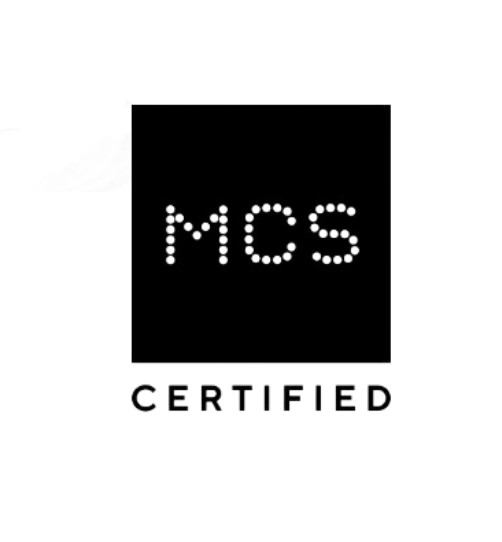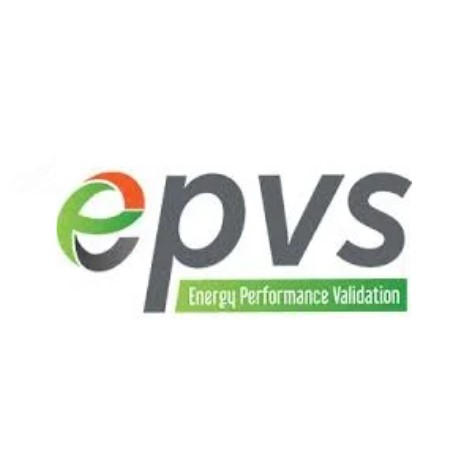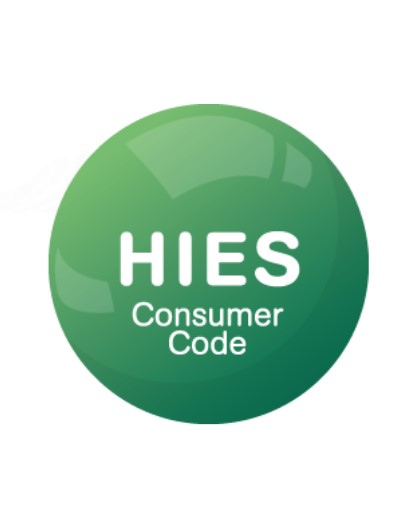Your basket is currently empty!
Written by
MCS Certificate For Solar Panels & Other Accreditations

Most Industries have regulators and governing bodies in place to protect the customer and ensure that companies behave and ultimately meet the standards of quality expected of them.
In the case of solar panel installation, certain accreditations come into play for customer service, performance, safety, and product quality.
What is the MCS certificate?

MCS stands for Microgeneration Certification Scheme, it was introduced in 2007 to make sure that small scale, renewable energy installations, and low-carbon products in the UK (like solar panels and heat pumps) meet the quality standards required.
MCS is an industry-led quality assurance scheme that uses a quality management system to verify the quality and reliability of products and installation companies.
There is an MCS certification body for both solar photovoltaic (PV) panels and installers. This mark of quality ensures that both main aspects will be up to MCS standards.
MCS certified installer for Solar Panels
MCS-certified installers have undergone an MCS approved training course t to gain the knowledge they have on solar installation, ranging from technical skills (under the MCS 001 and Solar PV-specific Standards) meaning you are guaranteed the highest quality of installation.
An MCS certificate is essential for solar installations as it assures quality and compliance with high standards, ensuring the reliability and performance of both products and services.
It is also often a requirement for government incentives, financing, and insurance, enhancing the economic feasibility of solar photovoltaic projects.
MCS certification can increase property resale value and give you environmental sustainability and peace of mind.
It also provides consumer protection through a code of practice, guaranteeing professional and fair service from an MCS certified installer.
Benefits of MCS certificate
- Quality Guarantee
- Eligibility for Incentives and most smart export tariffs
- Environmental Sustainability
- Consumer Protection
- Market Credibility
- Performance Reliability
How Can I verify an MCS certificate?
To verify an MCS (Microgeneration Certification Scheme) certificate, visit the official MCS website at www.mcscertified.com.
Use the “Find a Contractor” and “Product Directory” sections to check the certification status of installers and products by entering relevant details.
Additionally, request the installer’s MCS certificate and verify the information. For further confirmation, contact MCS customer service directly. This ensures you are working with certified products, and an original MCS installer.
Is it mandatory to have an MCS certificate for solar panels?
While it is not always mandatory for solar panels to have an MCS (Microgeneration Certification Scheme) certificate, it is still important to qualify for government schemes and grants such as the smart export guarantee (SEG), and other export tariffs you can qualify for.
Do you need to be MCS certified to install Air Source heat pumps?
Like solar panels, it’s not necessarily mandatory to be an MCS certified installer to install an Air source heat pump, or solar assisted heat pump.
However an MCS certificate is a mark of quality, and choosing an MCS certified installer will help ensure that the installation meets performance standards.
Air Source Heat Pumps cover our energy needs in an environmentally friendly way, as we make the push for a more sustainable future.
Heat pumps are a compact system, that can save you a lot of money on energy bills and don’t require much electricity, compared to other systems where you can experience surplus electricity.
Air Source Heat Pumps have a high upfront cost, and considering this, you can minimise risk by getting it installed by a qualified MCS certified engineer. Because MCS certified installers are technically safe, it will ensure the air source heat pump will last as long as possible, so the large investment is worthwhile.
EPVS – Energy Performance Validation Scheme

EVPS is a certification standard that ensures solar PV and battery energy-saving estimates are accurate.
EPVS protects its lenders, installers, and consumers from incorrect system designs and performance estimates. This scheme is designed so that solar panel installations meet specific energy performance standards and criteria.
It was essentially set up so that any claims made by solar installers, about savings and payback time, are correct.
EPVS wants customers to feel safe when it comes to home energy products such as Solar PV and Heat Pumps.
EVPS importance
When you get a quote from an installer that includes claims about a product’s performance, potential savings on energy bills, and earnings from SEGs, government schemes, or grants, EPVS will verify the calculations to ensure the details are accurate.
EVPS helps ensure that solar installations comply with relevant UK regulations and standards, providing a benchmark for performance.
By validating the performance of solar panels, EVPS builds consumer trust, ensuring that they are investing in reliable and effective renewable technologies.
Solar panel systems validated by EVPS may be more likely to qualify for government incentives and financial support schemes, similar to the benefits provided by MCS certification.
Benefits of EVPS
- Accuracy of Claims (energy bills, SEG’s, schemes)
- Protection Against Misleading Information
- Compliance with Standards
- Qualification for Incentives
- Enhanced Credibility
- Reduced Risk
- Independent Verification
HIES | The Home Insulation & Energy Systems Quality Assured Contractors Scheme

HIES is a consumer protection organisation that provides coverage for the installation of small-scale renewable energy and home energy efficiency products.
They respect protect and educate consumers they aim to transform consumer protection within the home energy market.
They believe that consumers should never be let down by unprofessional installers and companies. This is why they try and give the customer protection before, during, and after their installation.
HEIS Benefits
Consumer Protection
HIES provides homeowners with extensive protection, including free deposit protection, work-in-progress insurance, and an insurance-backed guarantee. This ensures that consumers are financially protected if a contractor fails to complete the work or if issues arise after completion.
Once your installer has registered with HIES, you are covered for up to 25% of the contract value, to a maximum limit of £5,000, for 120 days from the date you signed the contract.
HIES offers a free dispute resolution service, including mediation and independent inspections, to resolve any issues that may arise between homeowners and contractors.
Quality Assurance
Contractors under the HIES scheme are thoroughly vetted and regularly monitored to ensure they meet high standards of quality and professionalism.
This gives homeowners peace of mind that they are dealing with reputable and reliable companies.
HIES contractors adhere to a strict Code of Practice, which ensures they operate with transparency, fairness, and integrity. This code covers all aspects of their work, from sales and marketing to installation and aftercare.
Financial Protection
Homeowner’s deposits are protected through HIES’s deposit protection insurance. If the contractor goes out of business before completing the work, the homeowner can recover their deposit.
IBGs can be from two to ten years, depending on the length of the written guarantee provided by the installer. Your installer will inform HIES when they complete your installation, and your IBG will start from that point.
FAQ’S
How long does an MCS certification last?
MCS certification typically lasts for a set period, often a year, after which it needs to be renewed. The renewal process usually involves an audit or review to ensure that the installer or product still meets the MCS standards.
What should I do if I experience issues with an MCS Certified installer or product?
If you face any problems with an MCS certified installer or product, you can file a complaint through the MCS website or contact their customer service. The MCS scheme provides a code of practice that installers must comply with, and they offer dispute resolution services to help address any issues.
Are there any additional certifications or schemes that like MCS?
Yes, additional certifications such as the EPVS (Energy Performance Validation Scheme) and HIES (Home Insulation & Energy Systems) can complement MCS certification. These schemes provide further assurance on performance accuracy, consumer protection, and quality.
Written by
Start Your Solar PANEL Project Today
Buy 1 get 1 FREE Solar Panels With Installation!
Solar Finance Options & Price Match Too!





